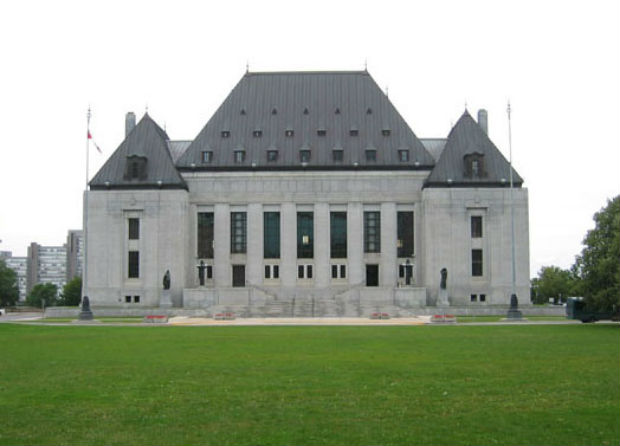The Supreme Court of Canada has ruled against employers conducting random drug tests, unless they can prove it’s a reasonable thing to do.
The court case revolved around random alcohol testing at an Irving Pulp and Paper mill in Saint John, New Brunswick in 2006.
Today, the court voted 6-3 to side with the mill workers’ union, saying that because there wasn’t evidence of an alcohol issue at the plant, the union was right to file a grievance against it.
The grievance was originally filed to a labour arbitration board, who voted in its favour. But their decision was later reversed by a New Brunswick court, before being restored by the Supreme Court today.
In the 15 years before the alcohol testing was implemented, a worker was found to be under the influence only eight times, with no accidents or injuries coming from them.
Nobody tested positive in the 22 months the policy was in effect.
The decision comes after Suncor filed a similar appeal to the Alberta Court of Appeal last November, a decision that was upheld by that court.
Suncor is involved in arbitration hearings with another branch of the same union in the Irving case, the Communication Energy and Paperworkers Union of Canada.
The energy company is fighting to implement random drug testing of its oil sands workers.
June 14, 2013







